
We provide air diffuser and waterless diffuser with virious design and technology. There are many different types of essential oil humidifier and electric diffusers for wholesale. We took lots of time and energy to invest the market, in order to create the stylish ultrasonic aroma diffuser to the customer. We focus on the business of aromatherapy diffuser wholesale over 6 years. The business scope include: OEM diffuser, ODM diffuser, Personalized diffusers as each customer request. Our essential oil diffuser is perfect for any environment and bring pleasure to your living room, bathroom, bedroom, office and home….
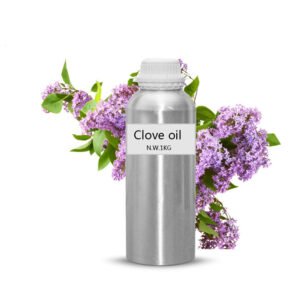



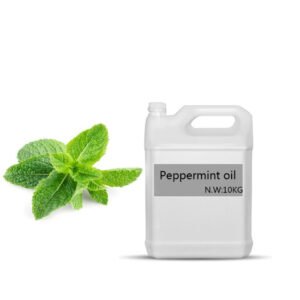

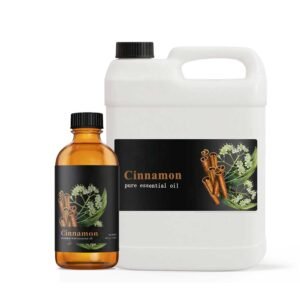
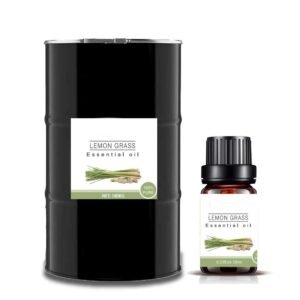
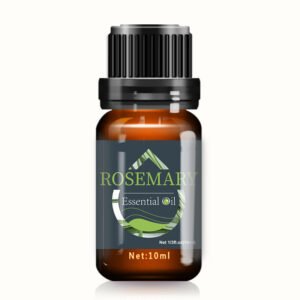
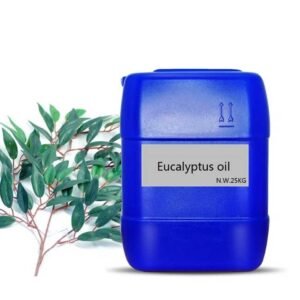

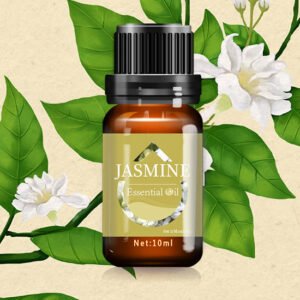


If you are a supplier of the diffuser and essential oil sector or expanding into these areas, we at DIFFUSERO are ready to become your MOST VALUED PARTNER. Get in touch with us today, and let’s open up a world of opportunities for our future collaboration
info@essentialoildiffusero.com